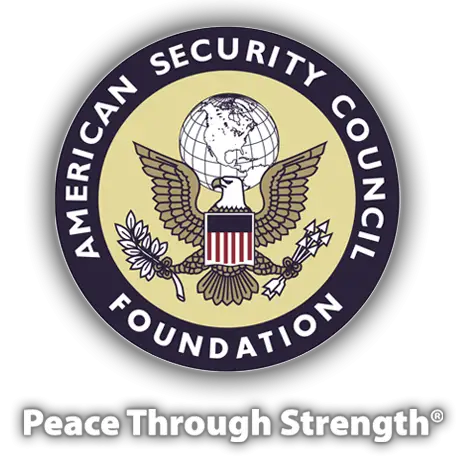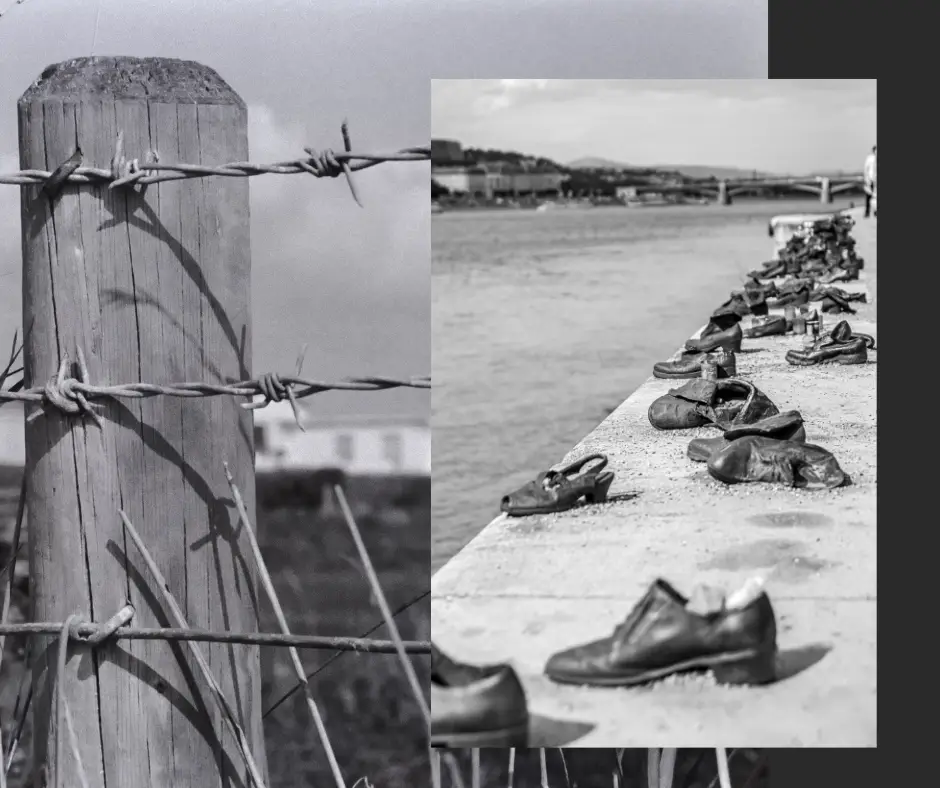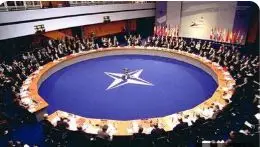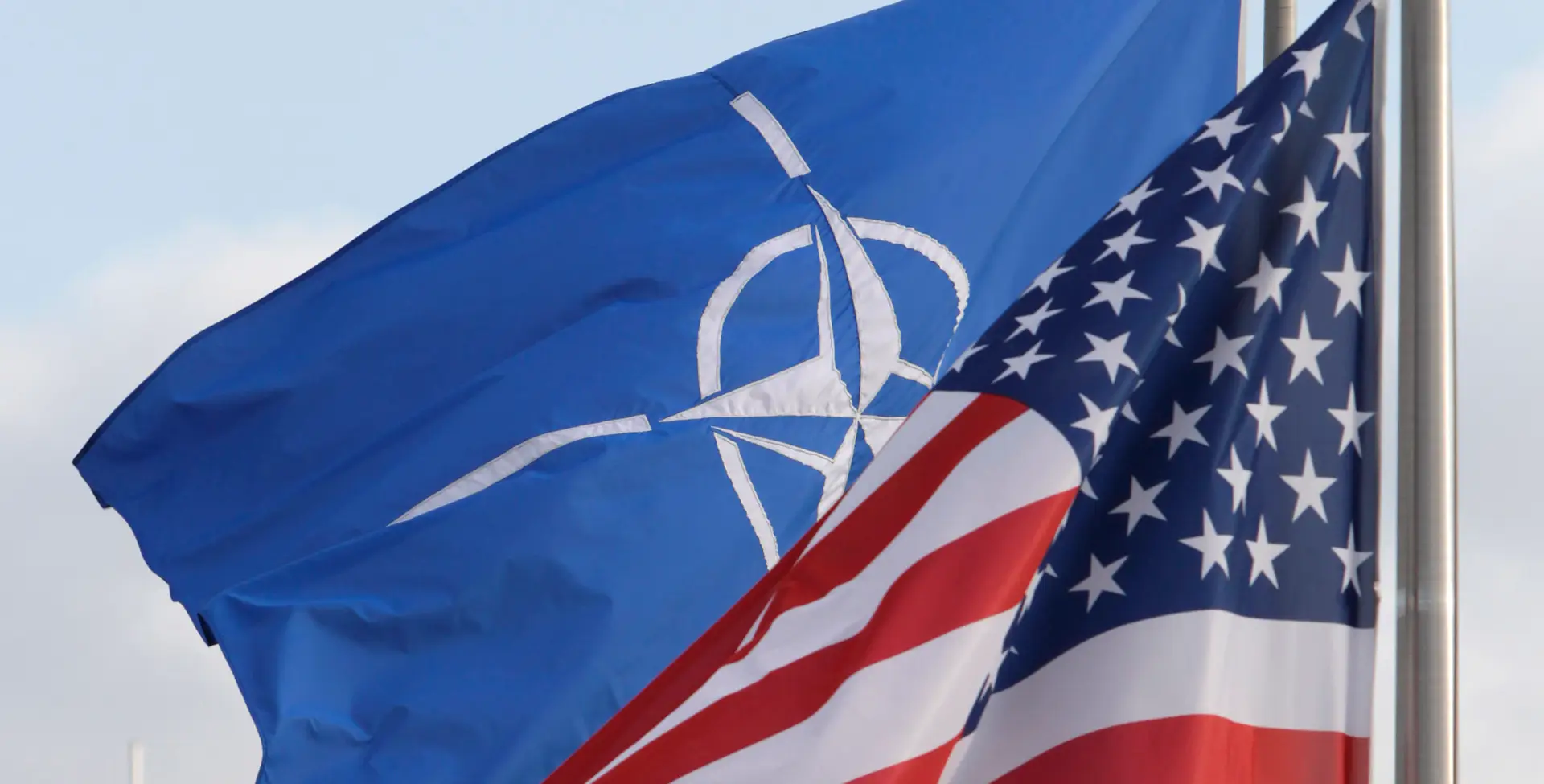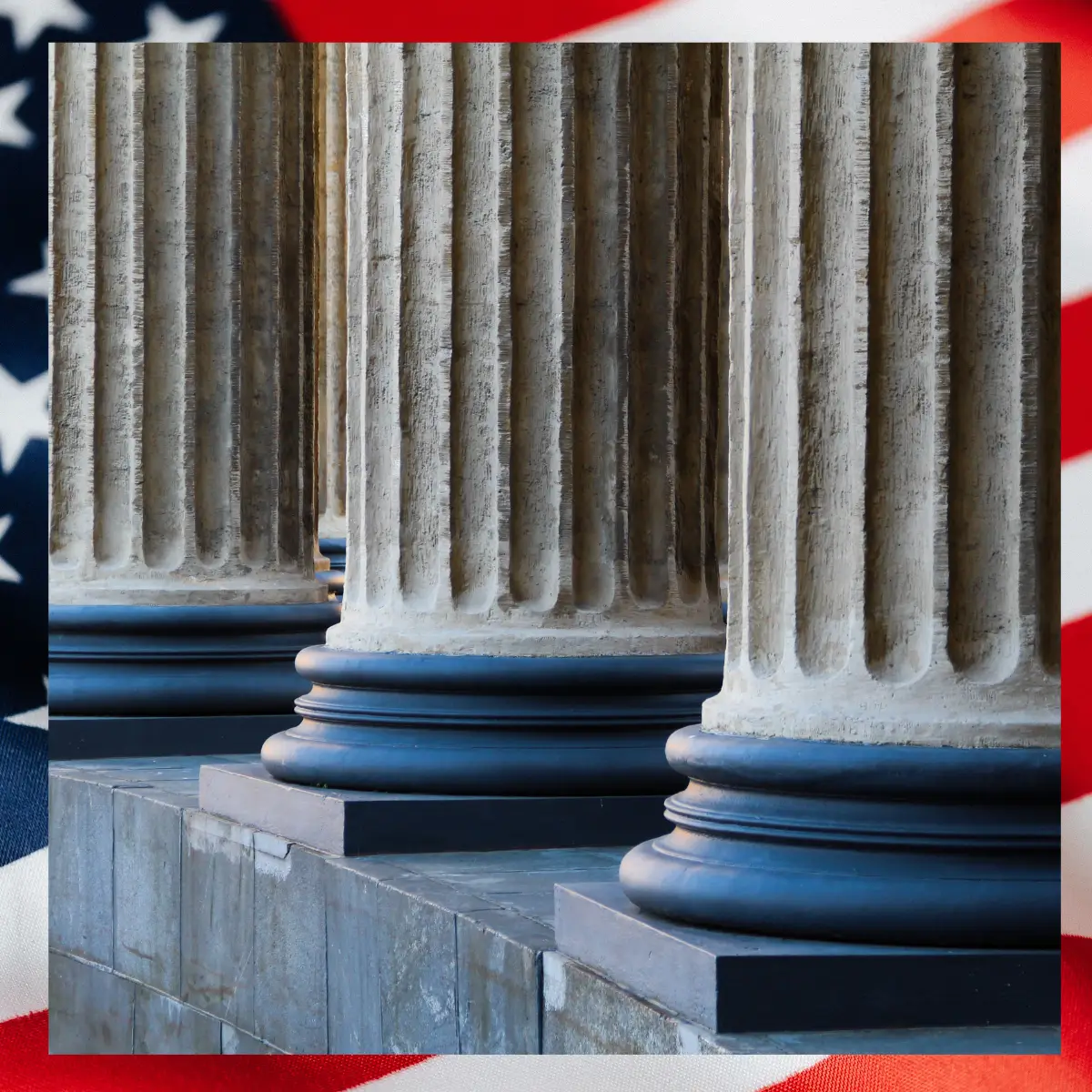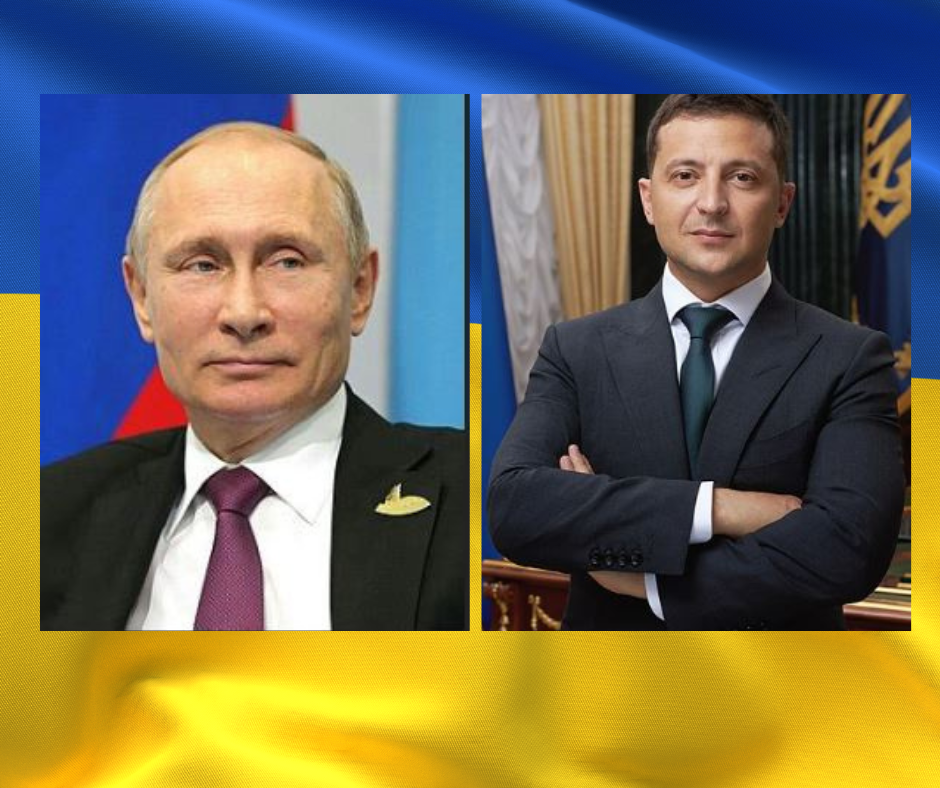
If you liked this article, please share it with your friends and family. You can also help the American Security Council Foundation shape American policy.
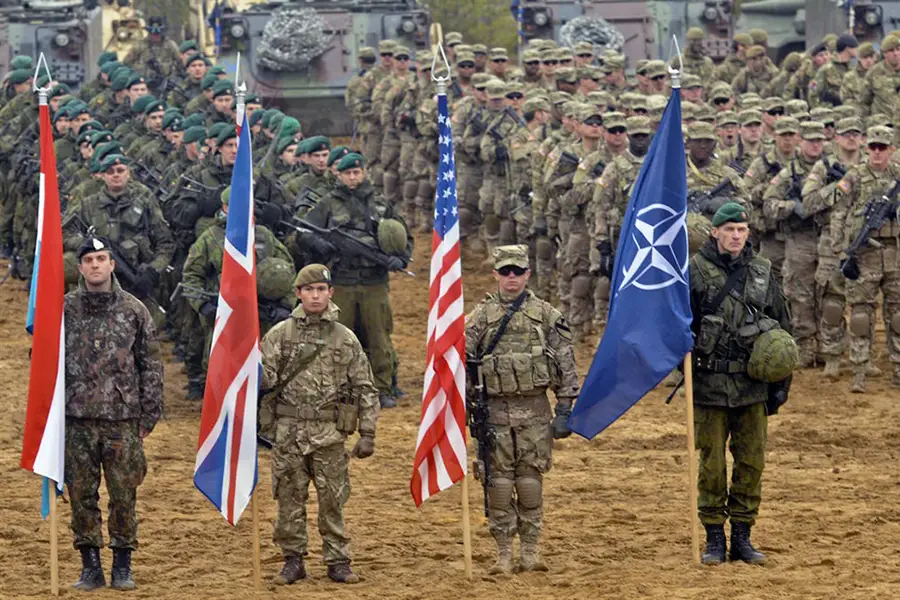
Written by Alan W. Dowd, ASCF Senior Fellow
In the previous issue, we discussed the renewed importance of NATO given Moscow’s record of mischief and outright aggression in recent years. In this issue, we will examine the state of the venerable NATO alliance, what NATO’s 29 members are doing to meet the challenge posed by Putin’s Russia, and what they need to do better.
First things first: The threat to NATO is real, growing and multifaceted. But don’t take my word for it.
“Despite Russia’s denials,” Defense Secretary James Mattis explains, “we know they are seeking to redraw international borders by force, undermining the sovereign and free nations of Europe.”
NATO concludes that “Russia’s aggressive actions” and “willingness to attain political goals by the threat and use of force…fundamentally challenge the alliance” and “undermine peace, security and stability across the region.”
Citing “proliferation of weapons of mass destruction…terrorists…a more assertive Russia,” NATO Secretary General Jens Stoltenberg adds that NATO is facing “a more dangerous world.”
Is it more dangerous than in 1950, 1960 or 1980? Probably not. But the world is undeniably more dangerous than in 1990 or 2000.
These dangers explain why NATO is still needed—and why NATO’s members need to do more to contribute to the common defense.
Vacation
“We still do not have fair burden sharing within our alliance,” Stoltenberg concedes.
That’s an understatement. During the Cold War, the U.S. accounted for 50 percent of NATO military spending, today 72 percent. That has to change. As President Ronald Reagan noted, “Alliance security depends on a fully credible conventional defense to which all allies contribute.”
Toward that end, NATO in 2006 called on members “to commit a minimum of 2 percent of their GDP to spending on defense.” A decade-plus later, only five members meet that standard.
European members invest an average of just 1.4 percent on defense today. As recently as 2000, Turkey invested 5 percent of GDP on defense, 1.5 percent today; France 2.5 percent in 2000, 1.7 percent today; Italy 2 percent in 2000, 1.1 percent today; Germany 1.5 percent in 2000, 1.1 percent today. Canada spends just 0.9 percent of GDP on defense, down from 1.2 percent in 2000. Britain is using accounting tricks to stay above the 2-percent standard, shifting monies from the Foreign Office to defense.
What’s most frustrating about these figures is that America’s allies in Europe and Canada used to make adequate investments in defense. In 1980, European members devoted an average of 3.7 percent of GDP to defense. In 1990, European members devoted an average of 3 percent of GDP to defense.
“In more peaceful times, it was right to reduce defense spending,” Stoltenberg soberly observes. “But we do not live in peaceful times.”
Years of underfunding have led to “alarming deficiencies in the state of NATO preparedness,” according to the British government:
- The Royal Navy has been reduced from 89 ships to 65. Britain had two aircraft carriers in 2008 but none in service today. Britain’s Joint Helicopter Command had 257 aircraft in 2008 but just 164 by 2016.
- Only 42 of Germany’s 109 top-of-the-line Eurofighters are in flying condition. At the height of the Cold War, West Germany had 2,125 tanks. Today, Germany has 225. German troops used black-painted broomsticks to simulate machine guns during a 2014 NATO exercise.
- France eliminated 8,000 personnel in 2014 and slashed 30 percent of its air fleet between 2008 and 2013.
- The U.S. Army has 26,000 troops in Europe today, down from 40,000 in 2012, down from 213,000 in 1989. Lt. Gen. Ben Hodges, commander of U.S. Army-Europe, says he is trying “to make 30,000 look and feel like 300,000.”
NATO’s post-Cold War vacation from defense spending calls into question Article V of the North Atlantic Treaty—NATO’s all-for-one collective defense clause. Since NATO’s founding, the deterrent represented by Article V has been insurance against worst-case scenarios. For the United States, Article V is an insurance policy against another European conflict triggering another great-power war. For NATO’s other members, Article V is an insurance policy against invasion—a security guarantee backed by the United States. Without that guarantee, there is no security, as history has a way of reminding those on the outside looking in, from Cold War Hungary to post-Cold War Ukraine.
Perhaps the only thing more troubling than the paltry defense expenditures of many NATO members is the halfhearted performance of many NATO members in recent operations.
The way some allies approached NATO’s first-ever Article V operation (the post-9/11 intervention in Afghanistan) did more to tarnish Article V than burnish it: Italy wouldn’t permit its fighter-bombers to carry bombs. German troops were required to shout warnings to hostiles—in three languages—before opening fire. Germany, Italy and Spain avoided deployments in Afghanistan’s restive south. Thus, the U.S. contributed 71 percent of all forces, while non-NATO members Australia, Georgia and Sweden deployed more troops than many founding members of the alliance.
In Libya, with Washington “leading from behind,” a hamstrung NATO was found woefully lacking in precision munitions, targeting and jamming capabilities, midair re-fuelers, reconnaissance platforms, drones, command-and-control assets—just about everything needed to conduct a 21st-century air campaign.
Doubts
In short, it’s fair—and necessary—for Americans to ask Europe and Canada to contribute more to the common defense. How we ask is the challenge.
Candidate Donald Trump dismissed NATO as “obsolete.” He even suggested he would come to the defense of NATO members under attack—an ironclad requirement of the North Atlantic Treaty—only if they had “fulfilled their obligations to us.”
Such a suggestion deserved every bit of criticism it received. Yet it pays to recall that this chill wind in Washington’s approach to NATO began blowing during the Obama administration.
The Obama administration left Poland and the Czech Republic out on a limb by unilaterally reversing NATO’s missile-defense plans. The Obama administration invoiced Paris after the French military requested help in Mali. The Obama administration put a time limit on America’s commitment to NATO’s intervention in Libya. In fact, when Washington agreed to extend operations after an urgent request from the alliance, a NATO official emphasized that the extension of U.S. air power “expires on Monday.” In 2016, President Barack Obama publicly criticized Britain and France for their handling of Libya and Syria, noting that “Free riders aggravate me.”
After the election, President Donald Trump declared, “We strongly support NATO, an alliance forged through the bonds of two world wars that dethroned fascism, and a Cold War that defeated communism.” However, it’s now known that Trump deleted a sentence from his 2017 NATO summit speech reaffirming Washington’s commitment to Article V. His cageyness about Article V leaves room for doubt inside the alliance and miscalculation inside the Kremlin.
Perspective
“If we didn’t have NATO today, we’d need to create it,” Mattis contends. “NATO is vital to our interests.”
Indeed, NATO represents a foundation stone in the liberal international order, an insurance policy against great-power war, a readymade structure for building coalitions of the willing, a vital bridge to global hotspots and a force-multiplier for U.S. power. As several former NATO commanders conclude, “There is no hope for the U.S. to sustain its role as the world’s sole superpower without the Europeans as allies.”
The generals know what the politicians ignore: Protecting our interests, ensuring the free flow of goods and resources, preserving the postwar order, defending the global commons, preventing Cold War 2.0 from turning hot, responding to natural disasters and manmade chaos—these missions depend on NATO infrastructure in places like Lakenheath, Ramstein, Morón, Aviano and Incirlik.
Still, Trump’s insistence that the rest of the alliance do more and Obama’s critical comments, while undiplomatic, were not unwarranted (as detailed above). That’s the bad news.
The good news is that many allies are getting serious about defense. Goaded into action by Putin’s menacing behavior on NATO’s eastern flank, lunges into Georgia and Ukraine, and military buildup, 16 NATO allies increased defense spending in 2015; 22 last year.
Latvia and Lithuania will reach the 2-percent mark next year. Romania will reach 2 percent this year. Estonia and Poland are already at the 2-percent standard.
France is on track to reach the 2-percent threshold by 2022. Norway increased defense spending 9.8 percent in 2016. The Czech Republic will increase the size of its military 63 percent by 2025. Britain is deploying two new aircraft carriers bristling with dozens of F-35B fighter-bombers. Germany plans to add 20,000 troops by 2024. Washington quadrupled military spending for Europe in 2016 (from $789 million to $3.4 billion); added another $1.4 billion in 2017; and is permanently basing three brigades in Europe.
NATO has christened a Very High Readiness Joint Task Force; opened new facilities in Poland and Romania; returned to a routine and robust schedule of high-intensity, full-spectrum exercises; and stood up an “enhanced forward presence” in Estonia, Latvia, Lithuania and Poland “to unambiguously demonstrate” its determination to defend these easternmost members of NATO.
To be sure, many allies can do more, but expecting our allies to contribute to international security to the same degree as the United States seems unreasonable. After all, the U.S. has a GDP of $19 trillion, a population of 321 million and, owing to its victories in World War II and the Cold War, a global constellation of military outposts. Compare those figures with America’s NATO allies: Germany’s GDP is $3.8 trillion, its population 80 million; Britain’s GDP is $2.7 trillion, its population 64 million; France’s GDP is $2.65 trillion, its population 66 million; Italy’s GDP is $2.1 trillion, its population 61 million; Canada’s GDP is $1.6 trillion, its population 35 million.
None of these nations have the reach or resources of the United States. But all of them share the same values—a commitment to the rule of law, representative democracy, individual liberty, free markets and free enterprise, and basic human rights. For decades, they have fought and fallen together to defend those values—in Sicily and Normandy, Korea and Kuwait, Kosovo and Kandahar, Syria and Iraq.
In short, the NATO alliance may be a headache at times, but it is not something to be dismissed, disbanded or taken for granted.
“Nations with allies thrive,” Mattis observes. “Nations without allies don’t.” He challenges Americans to be grateful for allied contributions. He poignantly notes that in Iraq his headquarters was guarded by Tongan troops. “I thank God for those guys.” In Afghanistan, with his undermanned force clinging to an airfield near Kandahar, he recalls how “light infantry from Canada showed up…Were it not for Don’t Ask Don’t Tell, I would’ve been hugging and kissing every one of those boys.”
Antidote
Even after he won the Cold War and left the White House, even after the Berlin Wall crumbled, even after the Red Army receded and the Soviet Union collapsed, Reagan never suggested that NATO had outlived its usefulness.
Instead, he called NATO “an antidote to chaos” and urged NATO leaders to “extend NATO protections and the NATO framework to…the democracies of Central and Eastern Europe.” He hoped post-Soviet Russia would stay on the path to liberalization, but he knew the West would need an insurance policy in case Russia veered off track.
NATO is that insurance policy. It’s time for America and its allies to pay the premiums.
